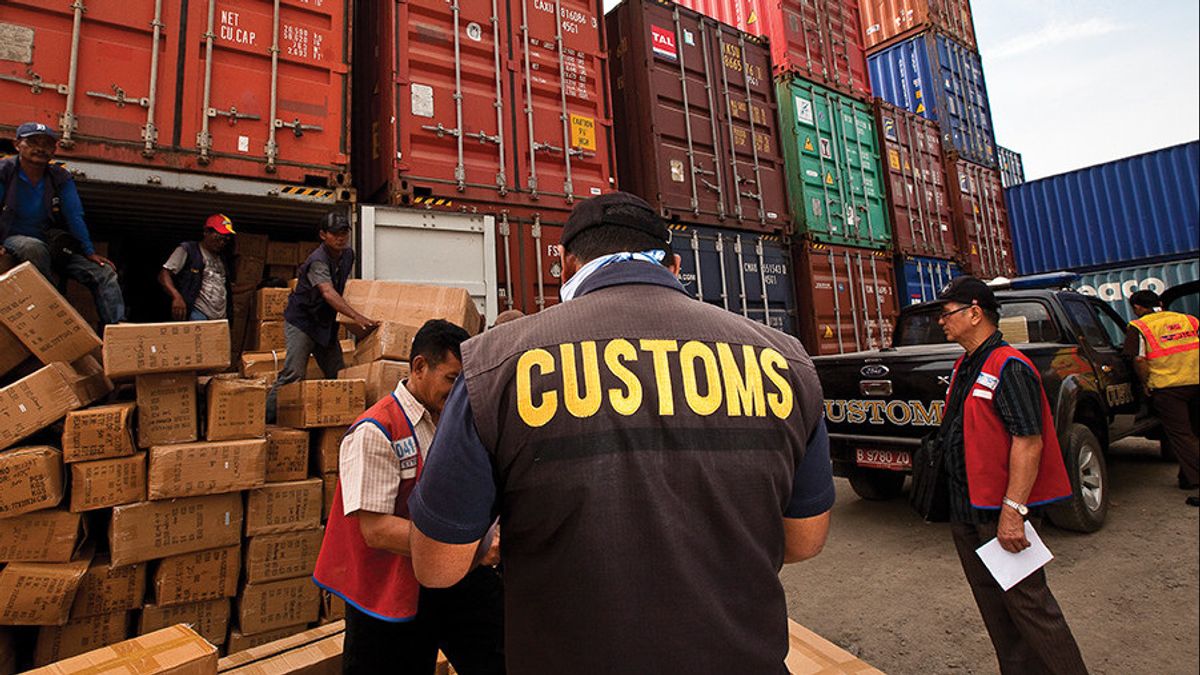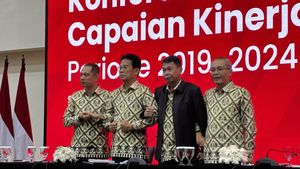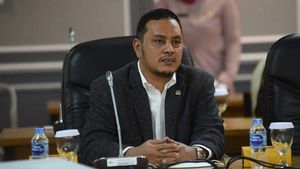JAKARTA Minister of Finance (Menkeu) Sri Mulyani emphasized that the expansion regulations for the foreign exchange of export products (DHE) will be released in the near future. According to the Minister of Finance, the government is currently speeding up the completion of the revision of Government Regulation (PP) Number 1 of 2019 which is the basis for the policy.
"Finish this month. Just wait in February," he said in Jakarta on Wednesday, February 1.
Previously, at a press conference on the Financial System Stability Committee (KSSK) on Tuesday evening, the Minister of Finance explained that the previous DHE rules were only focused on sectors related to natural resource commodities (SDA).
Later, through a new policy, the government will include other export-oriented strategic sectors to encourage exporters to park their funds domestically.
"This concerns the existing SDA sector and manufacturing. Later we will see this manufacturing which is also related to natural resources, so not all manufacturers," he said.
Even so, the state treasurer stated that the government is trying to reduce excessive intervention for business actors considering that foreign exchange income is the right of entrepreneurs.
"We are designing not to conflict with the free foreign exchange regime. On the one hand, Indonesia needs to ensure that exports that grow high must be able to strengthen foreign exchange reserves, and on the other hand, Indonesia remains committed not to discriminate against export activities," he stressed.
VOI noted that the phenomenon of the disappearance of foreign exchange was first revealed by Bank Indonesia (BI) as the country's monetary authority. Deputy Senior Governor of Bank Indonesia Destry Damayanti said that the increase in export value that occurred over the past year was not accompanied by the entry of foreign capital flows, especially the dollar, significantly into the country.
"Indeed, our exports in 2022 are very high, 291 billion US dollars with our trade balance of around 55 billion. At that time there was a sense, why didn't the funds enter our banks," said Destri in mid-January.
On that basis, the central bank then took the initiative to issue a foreign exchange term note (TD) instrument. Through this scheme, BI will provide fees to national banks that have succeeded in collecting deposits in dollars from exporters. The fee is given if the bank immediately forwards the dollar deposit to Bank Indonesia.
Not only that, but the monetary authority also made a policy that this dollar deposit was not considered a third party fund (DPK) so that banks did not have obligations in terms of minimum mandatory demand deposits (GWM).
Meanwhile, to attract Indonesian exporters to place their dollars in the country is through competitive interest rates according to the market mechanism.
The English, Chinese, Japanese, Arabic, and French versions are automatically generated by the AI. So there may still be inaccuracies in translating, please always see Indonesian as our main language. (system supported by DigitalSiber.id)













